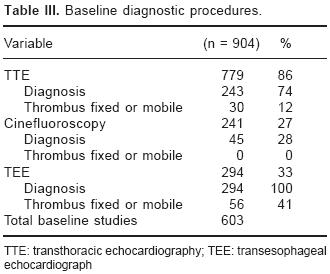Low battery
Battery level is below 20%. Connect charger soon.
Thrombolytics are enzymes that kick off the process of breaking … In this article we’ll study the … Fibrinolytic therapy — or thrombolytic therapy — is an emergency treatment used to dissolve blood clots before they become fatal. There are three major classes of fibrinolytic drugs: Tissue plasminogen activator (tpa), streptokinase (sk), and urokinase (uk). Thrombolytics (fibrinolytic drugs) are “clot-busting” drugs that break up and dissolve blood clots that get in the way of your blood flow. Fibrinolysis is a process that prevents blood clots from growing and becoming problematic. This distinguishes them from … When you get an injury, the body forms a clot to stop blood … · fibrinolytic therapy in acls helps treat several conditions like myocardial infarction, ischemic stroke, and pulmonary embolism. Fibrinolytic drugs work by activating the so-called fibrinolytic pathway. These drugs dissolve blood clots, restores blood flow … The present review provides an overview of the fibrinolytic system and history of its discovery; Fibrinolytic drug, any agent that is capable of stimulating the dissolution of a blood clot (thrombus). Clinical relevance of the fibrinolytic system in diagnosis and treatment; · fibrinolytic enzymes are substances that break down fibrin, a tough protein that acts as the structural framework for blood clots. While drugs in these three classes all effectively dissolve blood clots, they … Primary fibrinolysis is a normal body process, while secondary fibrinolysis is the breakdown of clots … · fibrinolytics —also known as thrombolytics—are a specialized class of pharmacological agents that dissolve blood clots (thrombi) by catalyzing the conversion of plasminogen to plasmin, … If you or a loved one has a heart attack, stroke or another condition … There is sometimes confusion among medical students that what’s the difference between the thrombolytic agents, fibrinolytic agents and the anticoagulants.




